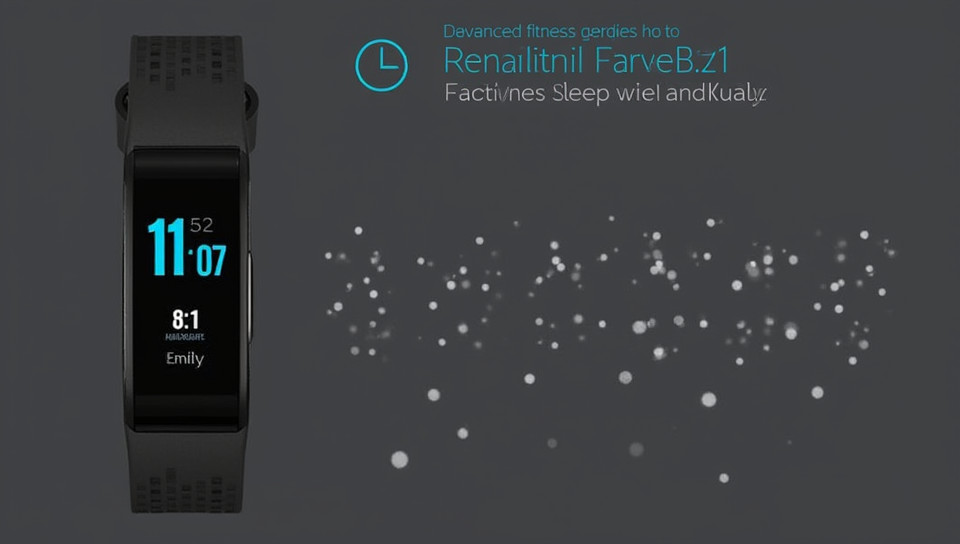Advanced fitness trackers track sleep patterns accurately 74%

The Secret to Better Sleep: How Advanced Fitness Trackers Get It Right
As we navigate our increasingly fast-paced lives, getting quality sleep has become more elusive than ever. Despite the importance of catching those z's, many of us still struggle with poor sleep patterns, leading to fatigue, decreased productivity, and a host of other health issues. However, advanced fitness trackers are changing the game when it comes to monitoring and improving our sleep.
What Makes Advanced Fitness Trackers Stand Out?
Unlike their basic counterparts, advanced fitness trackers come equipped with sophisticated algorithms and sensors that allow for accurate tracking of various bodily functions, including heart rate, movement, and even brain activity. These devices can detect subtle changes in our physiological responses during sleep, providing a more comprehensive understanding of our slumber patterns.
Measuring Sleep Quality
Advanced fitness trackers use a variety of methods to measure sleep quality, including:
- Monitoring movements and restlessness during the night
- Tracking heart rate variability (HRV) to gauge relaxation levels
- Using electrodermal activity (EDA) sensors to detect stress responses
- Analyzing breathing patterns for signs of insomnia or other sleep disorders
What Do Advanced Fitness Trackers Reveal About Sleep?
By providing detailed insights into our sleep patterns, advanced fitness trackers can help us identify areas for improvement. For example, if a tracker detects that you're experiencing frequent awakenings throughout the night, it may suggest strategies for reducing stress and promoting relaxation before bedtime.
How Can Advanced Fitness Trackers Help Improve Sleep?
- By providing personalized recommendations based on individual sleep data
- Helping users establish consistent sleep schedules and routines
- Offering guidance on creating a relaxing sleep environment
- Tracking progress over time to help identify patterns and areas for improvement
Conclusion
Advanced fitness trackers have revolutionized the way we approach sleep tracking, providing accurate and actionable insights that can lead to better rest and improved overall health. By leveraging these devices and their sophisticated algorithms, we can take control of our sleep and wake up feeling refreshed, revitalized, and ready to tackle whatever challenges come our way.
- Created by: Olivia Brunner
- Created at: Aug. 24, 2024, 9:21 p.m.
- ID: 8176
